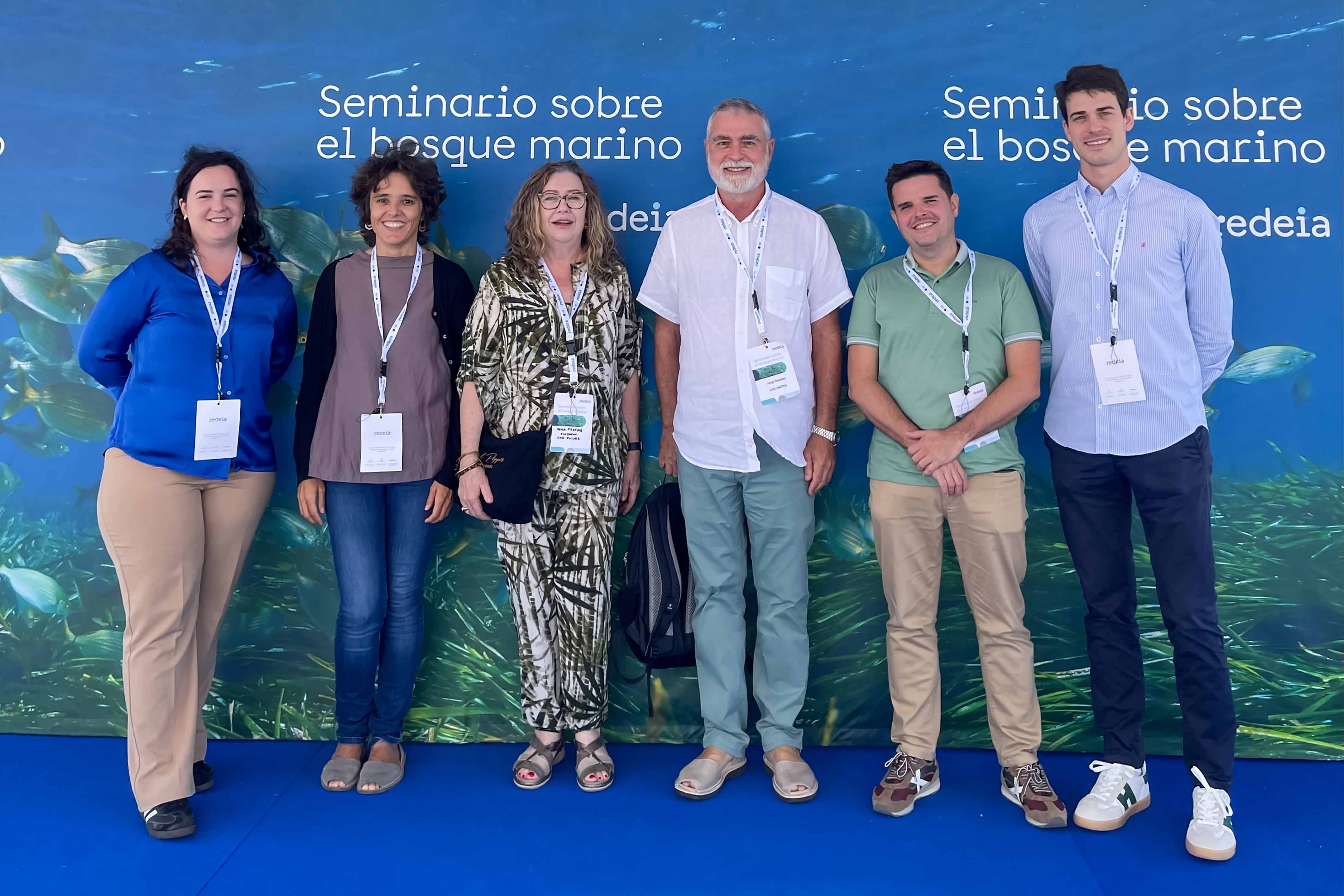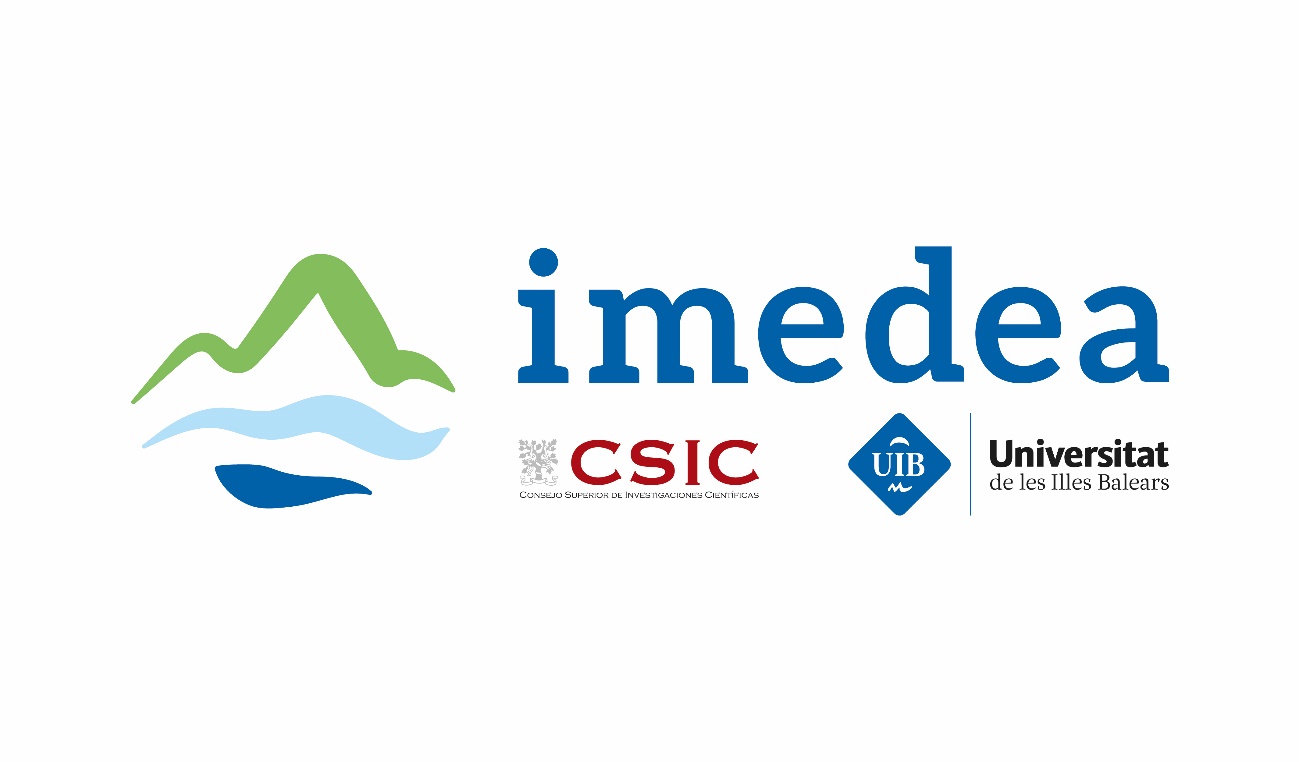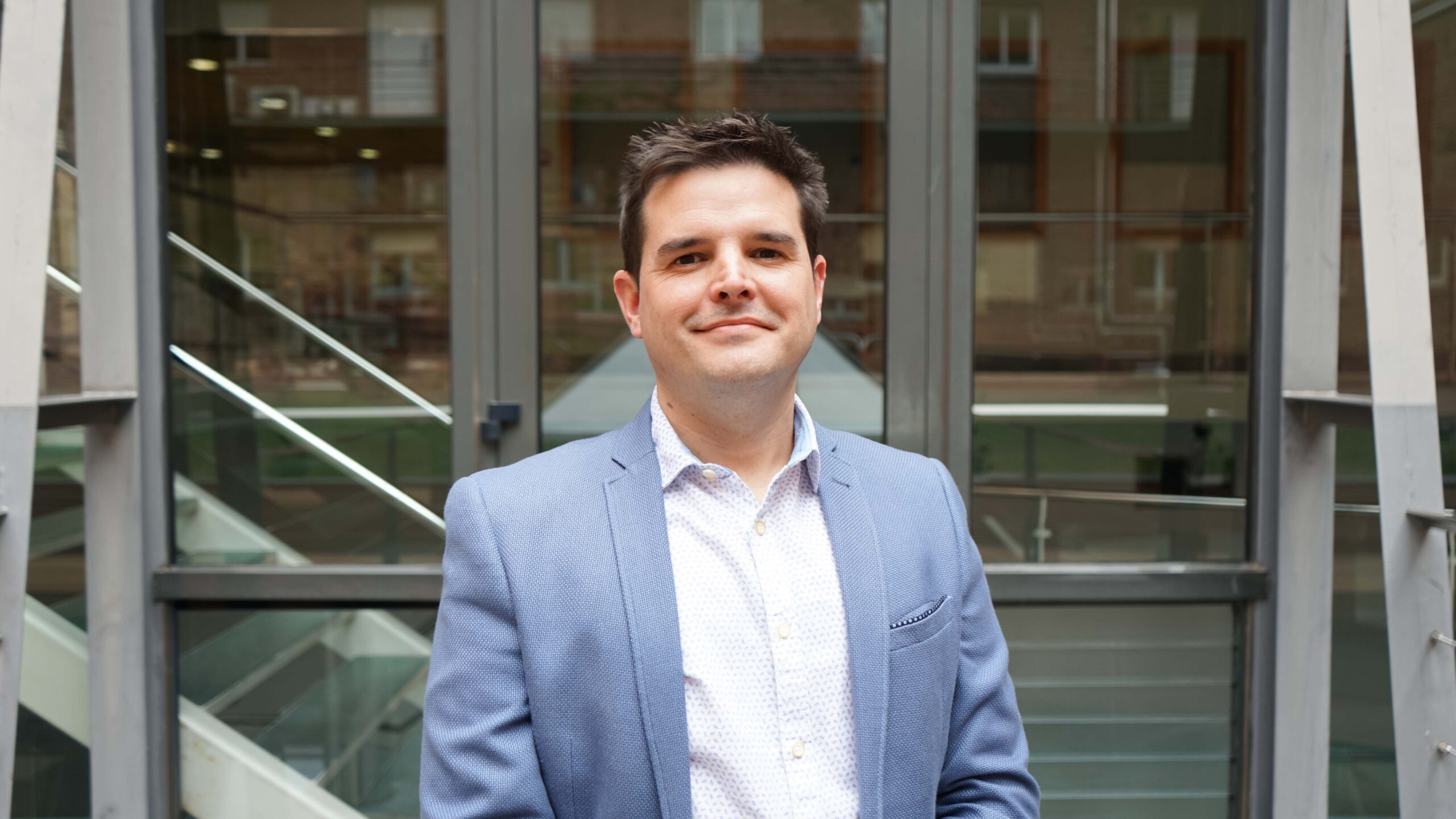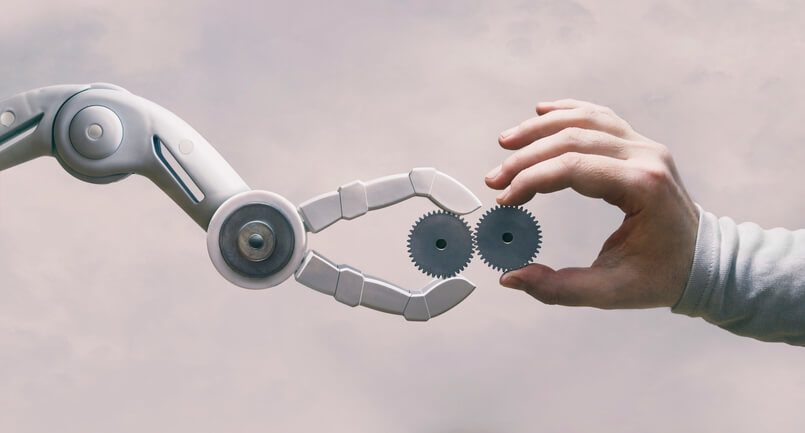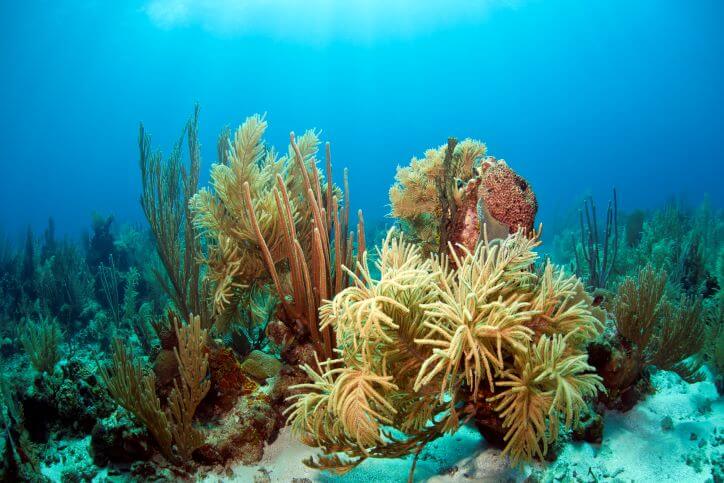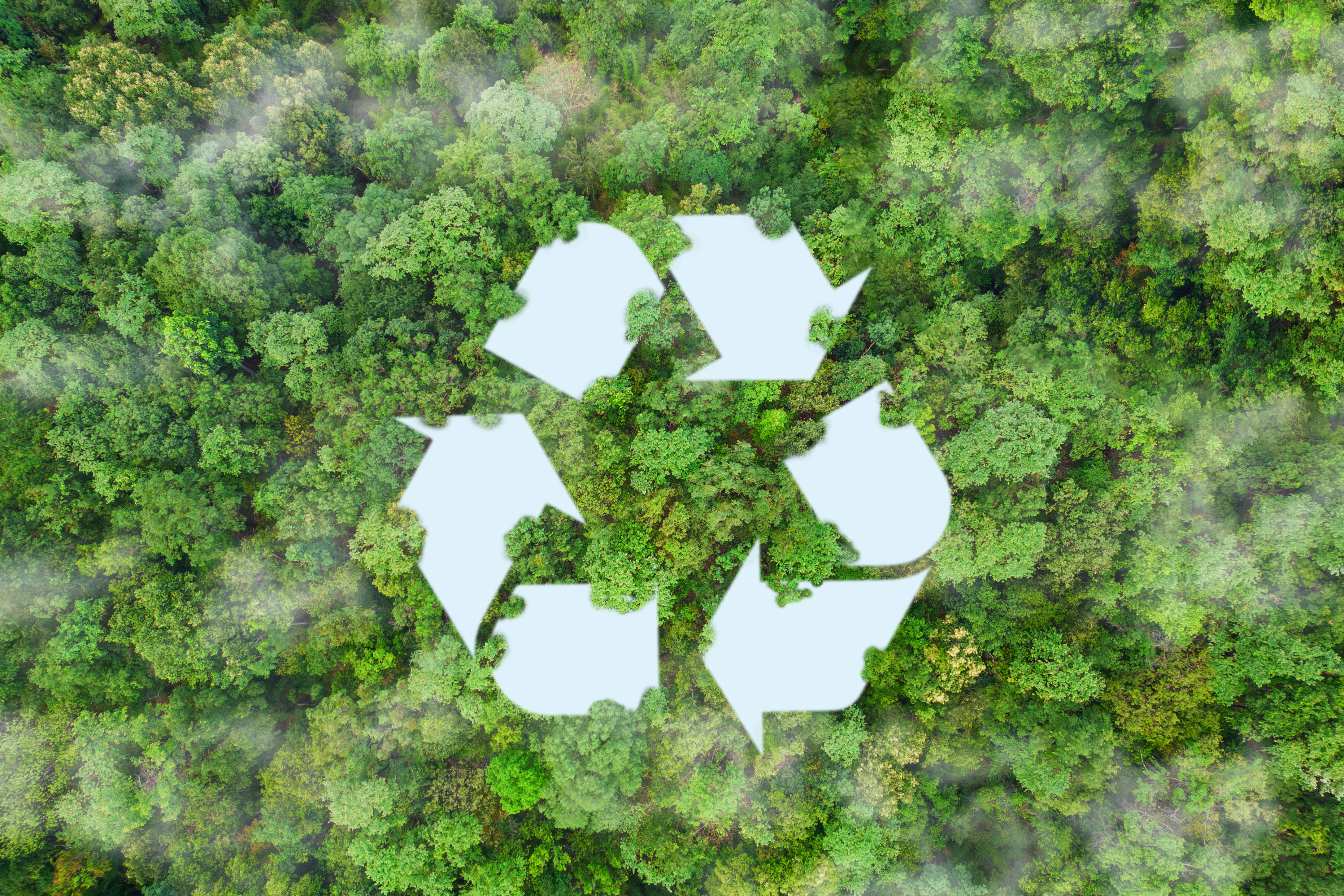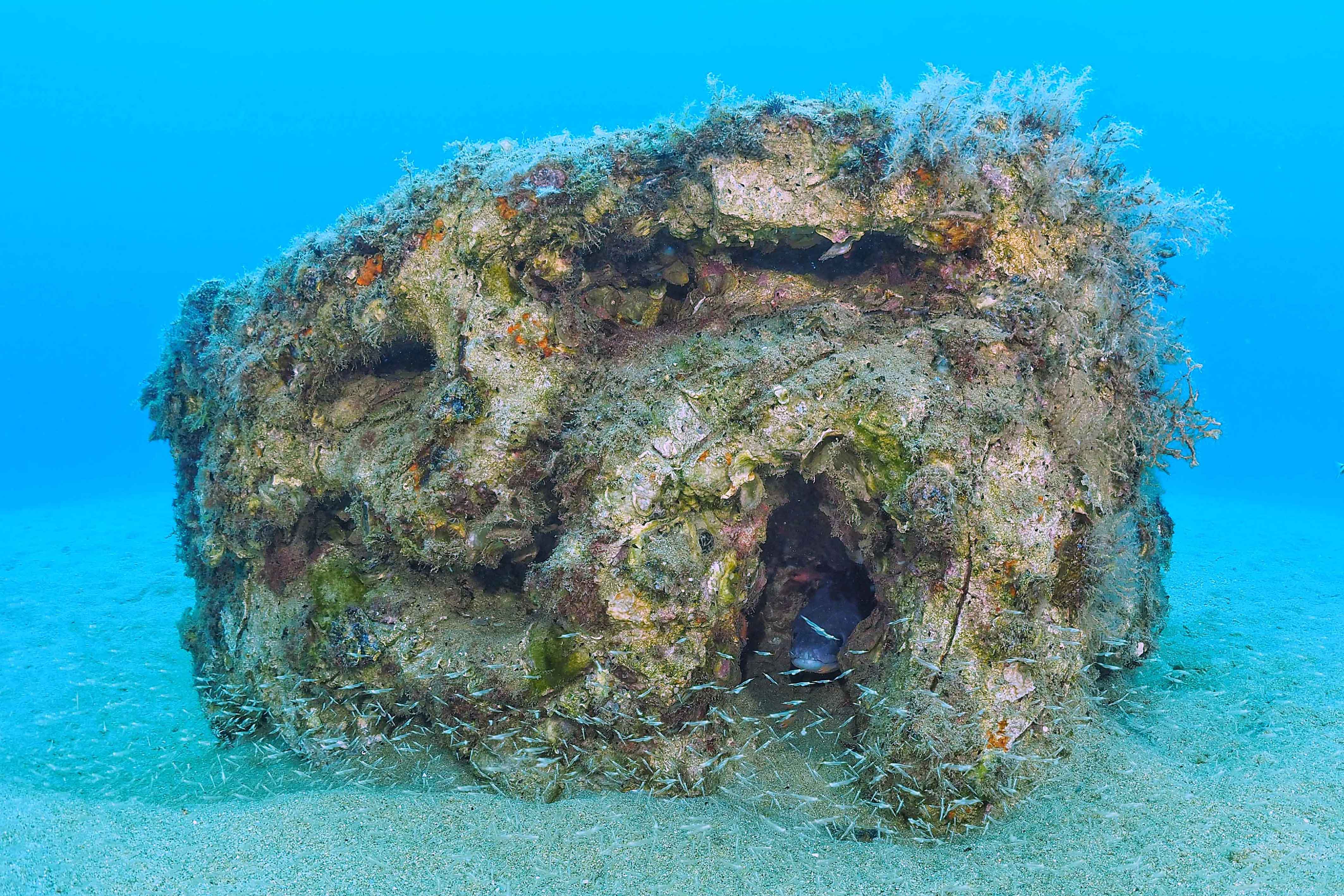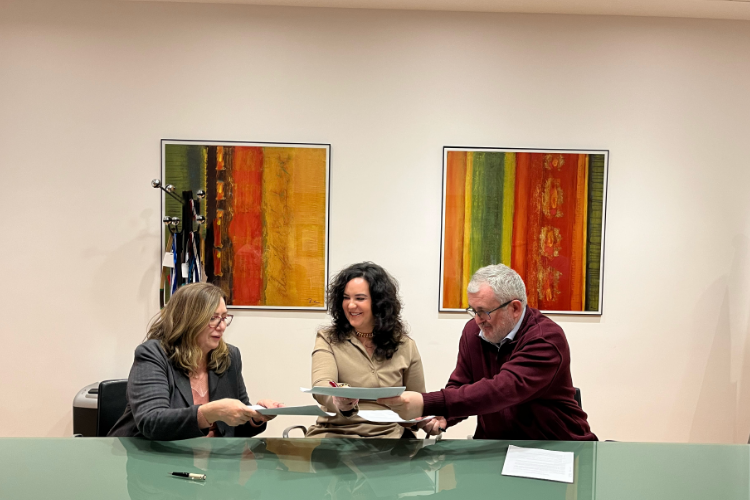Within the framework of the BioTop project, funded by the Ona Futura Foundation, IQS is collaborating with the Mediterranean Institute for Advanced Studies IMEDEA-CSIC with the aim of developing an advanced system for planting and regenerating underwater seagrass meadows of phanerogamous plants such as Posidonia oceanica.
Posidonia oceanica is a marine plant endemic to the Mediterranean Sea. Unlike algae, it is a surface plant with roots, stems, leaves, and flowers that forms extensive seagrass meadows on sandy, shallow sea bottoms. These meadows can live for centuries and are considered one of the most important and productive ecosystems in the Mediterranean Sea.
Posidonia meadows provide multiple ecological benefits: on the one hand, they produce large amounts of oxygen, which is essential for marine life. On the other hand, they serve as a habitat, refuge, and breeding grounds for numerous animal species, increasing environmental biodiversity. They also play a key role in protecting the coast, as large meadows buffer waves and help prevent coastal erosion. Posidonia also captures and stores carbon for long periods of time, acting as a natural sink in terms of tackling climate change.
Therefore, its presence is a clear indicator of the good environmental health of a marine ecosystem and water quality. Therefore, its conservation is essential to ensure the ecological balance of the Mediterranean.
Regeneration of Posidonia oceanica meadows
At IMEDEA – CSIC, Dr Jorge Terrados (biologist) and Dr Inés Castejón (marine science) have been researching techniques to regenerate Posidonia oceanica meadows for years using direct diving systems that, although effective, are slow and difficult to scale. For their part, the engineers of the Applied Mechanics and Advanced Manufacturing Group (GAM) at IQS, led by Dr Marco Antonio Pérez and Dr Albert Forés, CEO and co-founder of the startup NextReef Ecosystems, develop materials and designs inspired by nature to achieve more sustainable marine infrastructure.
As a result of this collaboration between scientists and engineers, an innovative proposal has emerged to restore these meadows on a large scale in the Mediterranean Sea. The system, already patented by the four researchers, allows rapid planting in degraded areas through an efficient technical solution that respects the marine environment.
The proposal is based on a structure of a disintegrable material on which the surface plant fragments are anchored. Once installed on the seabed, this structure protects the planted individuals and supports the rooting and natural growth of posidonia, thus facilitating the recovery of the ecological functions and ecosystem services of the seagrass.
Over time, the structure disintegrates until it disappears completely, leaving the plants rooted in the seabed and allowing the progressive restoration of the ecological balance of the environment.
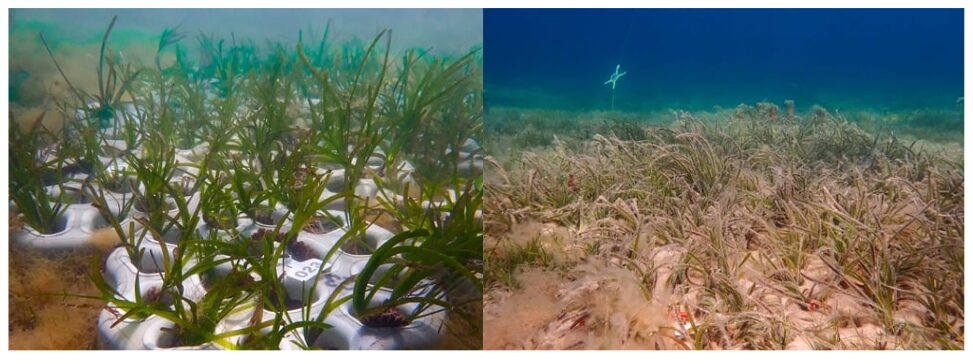
The pilot test of this system to recover the biodiversity of the Mediterranean seabed has been carried out in the Bay of Pollença in the Balearic Islands. One year after the planting, and thanks to monitoring that has enabled the researchers to periodically assess the evolution of the planted elements in detail, the results are encouraging. The upcoming monitoring campaigns will ensure the success of the technology.
Thanks to these good results, the collaboration between IMEDEA-CSIC and IQS will be extended to study the application of this fast, efficient, and scalable planting system to other species of marine phanerogams, such as Cymodocea nodosa, which is widely distributed along the coasts of Catalonia.
In the words of Dr Terrados, “collaboration between researchers from different disciplines is very interesting and important. The experience of biologists and ecologists being able to collaborate alongside engineers allows us to design and test different methodologies to facilitate and improve the efficiency of the system.”
IQS – Ona Futura Foundation Collaboration
IQS and the Ona Futura Foundation are collaborating on the development of joint scientific development projects with environmental and social impacts. In the case of the BioTop project, the main objective is to develop and validate new systems to protect and regenerate marine biodiversity through the installation of structures developed with sustainable materials and high biological effectiveness that have been obtained with advanced manufacturing techniques.










